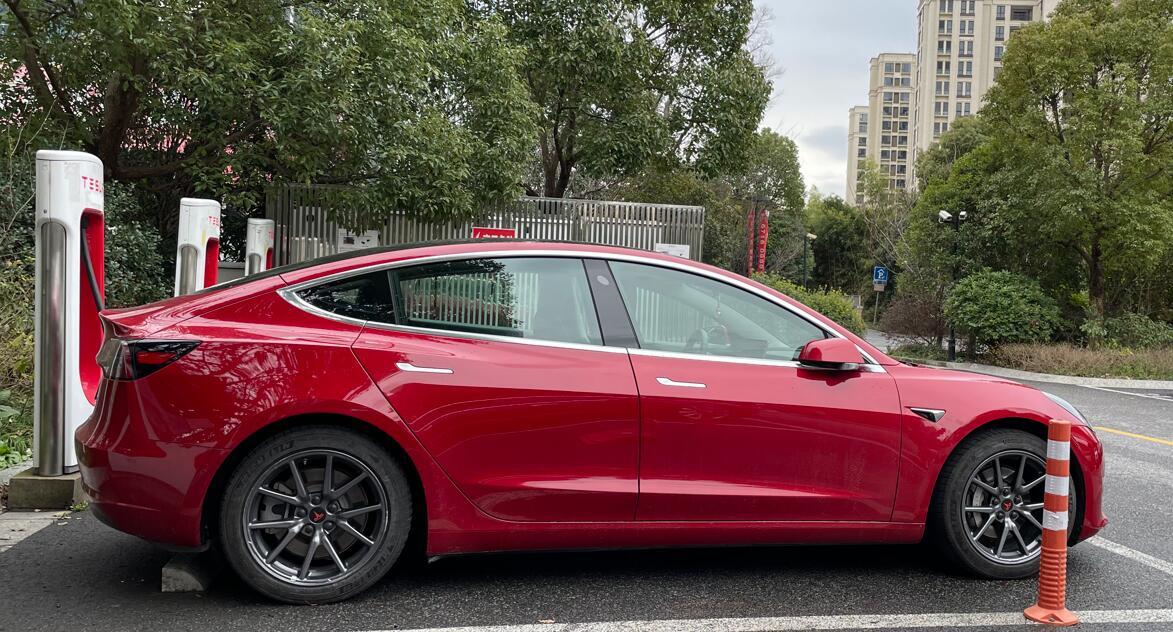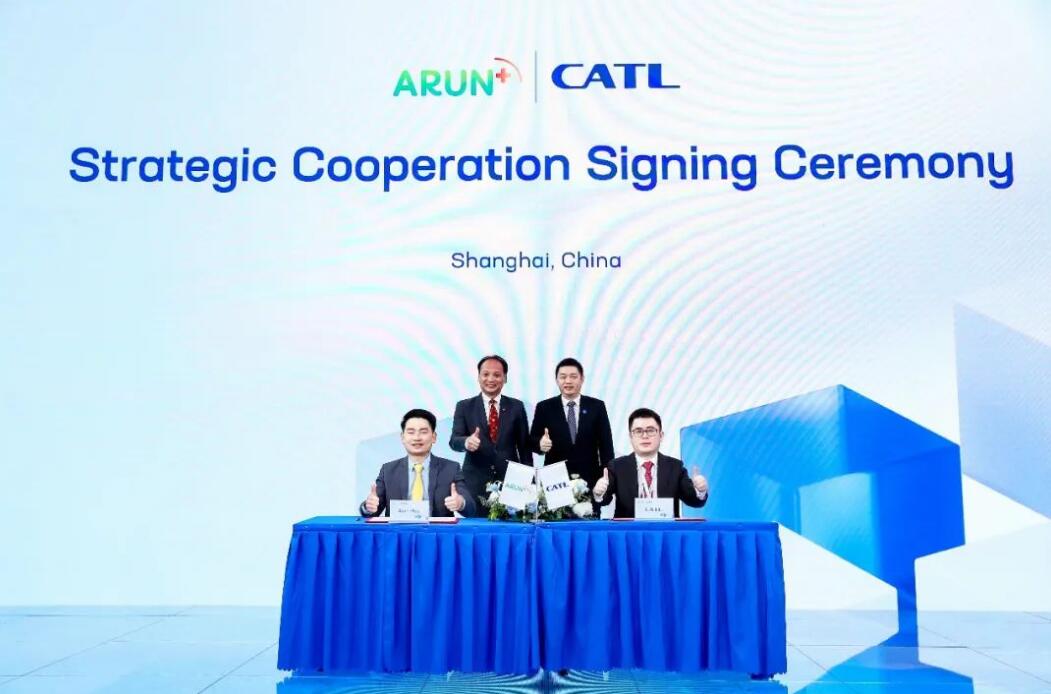Voyah will raise a Series B round next and has plans for an initial public offering, its CFO said.

(A Voyah Zhuiguang on display at the Shanghai auto show. Image credit: CnEVPost)
Voyah, Dongfeng Motor's new energy vehicle (NEV) brand, has received RMB 15 billion yuan ($2.1 billion) in credit lines from six local banks, setting it up for future expansion.
Voyah held a signing ceremony for the partnerships with the Industrial and Commercial Bank of China, Bank of China, Agricultural Bank of China, Bank of Communications, China CITIC Bank and China Merchants Bank.
Voyah will invest more in product development and marketing and launch more quality products, its CEO Lu Fang said, according to a press release.
The NEV maker has completed its Series A financing and will next raise Series B, Local media Shanghai Securities News quoted Voyah CFO Shen Jun as saying.
Voyah has plans for an initial public offering, and it will have more than 300 core employees holding shares, Shen said.
Voyah is the brand Dongfeng Motor announced in late 2020, when the first model, Voyah FREE, was also unveiled.
The Voyah FREE went on sale in China in June 2021 and is available in an extended-range electric vehicle (EREV) version as well as an all-electric version, with current starting prices of RMB 333,600 to 393,600 respectively.
On May 7, 2022, Voyah's second model, the Dreamer MPV, was launched with a starting price of RMB 369,900.
In November 2022, Voyah announced the completion of RMB nearly 5 billion Series A financing, valuing it at nearly RMB 30 billion.
On April 18 of this year, Voyah launched the Zhuiguang sedan on the first day of the Shanghai auto show, offering three versions with a starting price of RMB 322,900.
Voyah has had a lukewarm sales performance over the past two years, selling 3,003 vehicles in May, bringing combined January-May sales to 12,024 units.
For comparison, Li Auto (NASDAQ: LI), which currently only offers EREVs, delivered 28,277 vehicles in May for a combined January-May total of 106,542 vehicles.

($1 = RMB 7.1631)
The post Voyah secures $2.1 billion in credit lines from 6 local banks appeared first on CnEVPost.
For more articles, please visit CnEVPost.























